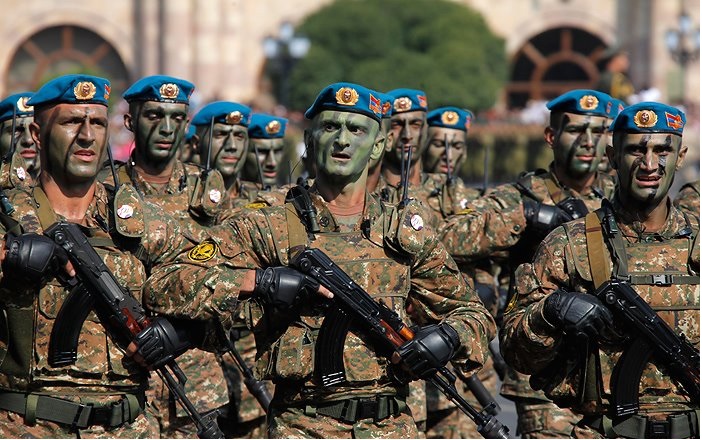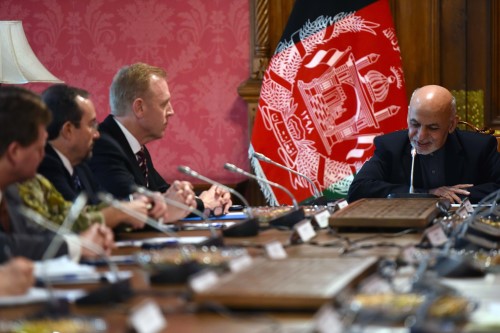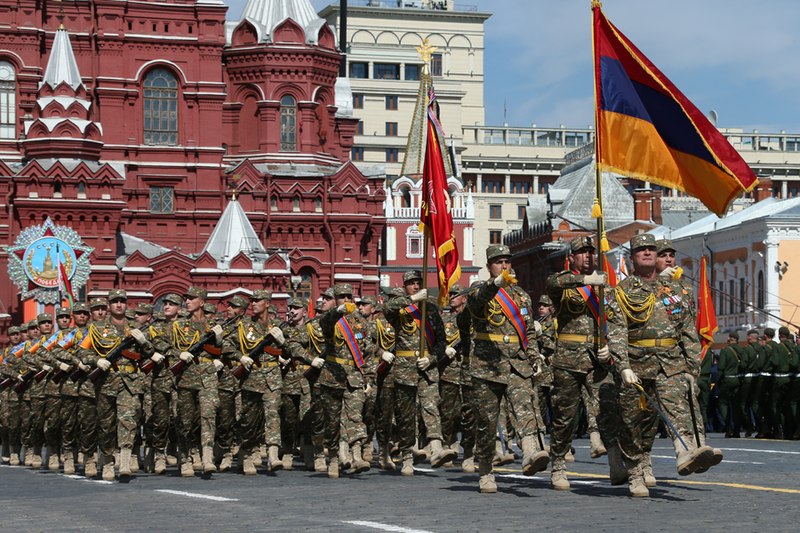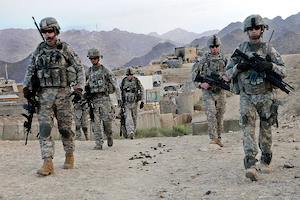Cross-Border Escalation between Armenia and Azerbaijan
By Natalia Konarzewska
September 25, 2020, the CACI Analyst
On July 12, clashes broke out between the armed forces of Armenia and Azerbaijan along the northern section of their internationally recognized border. The skirmishes receded after July 16 but armed incidents at the border still occurred throughout July and August. The July confrontation, resulting in over a dozen military and civilian deaths and the destruction of infrastructure on both sides of the border, is regarded as the most serious since the Four Day War between Armenia and Azerbaijan in April 2016. The conflict also sparked unprecedented interethnic clashes between Armenian and Azerbaijani diasporas across the world.

Russian Taliban Payments Underscore Moscow’s Afghan Challenges
By Richard Weitz
September 3, 2020, the CACI Analyst
The revelations that Russian intelligence may have hired criminals to attack NATO forces in Afghanistan underscores the complex nature of Moscow’s Afghan policies. Though what happened or why remains disputed, the reports highlight the Russian government’s weak tools for shaping the future of Afghanistan despite the country’s pivotal place in Russia’s Eurasian agenda.

Russia and Turkey: Behind the Armenia-Azerbaijan Clashes?
By Avinoam Idan
August 31, 2020, the CACI Analyst
The violent gunfire that erupted between Armenia and Azerbaijan in July appears to have no connection with the ongoing conflict over the Nagorno-Karabakh region. This event took place far from Nagorno-Karabakh, in the Tovuz region. The strategic importance of the Tovuz region is its location on the energy export pipelines route from the Caspian Sea to Turkey and Western markets. It would seem that the players involved here are none other than Russia and Turkey, in active conflict vis-a-vis the war in Libya. The gunfire can be interpreted as a Russian message to Turkey, regarding its energy supply security from the Caspian Sea. If so, this is not the first time Russia has used Armenia to further its interests in the region.

Russia Goes Bounty Hunting in Afghanistan
By Stephen Blank
July 8, 2020, the CACI Analyst
The revelations that Moscow paid Taliban warriors bounties to kill U.S., British, and other allied soldiers in Afghanistan is already generating a scandal in the United States. Yet for those who closely monitor Russian foreign policy in Central Asia and Afghanistan, this represents a particularly grisly escalation of policy but not a change in strategy. Moscow has long been determined to enhance its position with the Taliban and accelerate the ejection of U.S. forces from Afghanistan, which it regards as a threat to its position in Central Asia and to Russia. In Moscow’s imagination, the presence of several U.S. and/or NATO airbases in Afghanistan could strike Russian targets in Central Asia. Moreover, Russia has consistently expressed a visceral reaction to the presence of foreign military forces, especially Western ones, in and around Central Asia.

Emerging Room for Rapport Between Sokhumi Tbilisi
By Emil Avdaliani
June 18, 2020, the CACI Analyst
Georgia’s breakaway region of Abkhazia is undergoing a deep political crisis coupled with troubles in its relationship with Russia. This potentially opens for a rapprochement with the government in Tbilisi and Abkhaz politicians have already come out with some bold statements. Although Abkhazia’s continual dependence on Russian financial and military support will keep the region under the Kremlin’s control, the emerging trends also suggest that tensions between Russia and Abkhazia will continue and grow.



